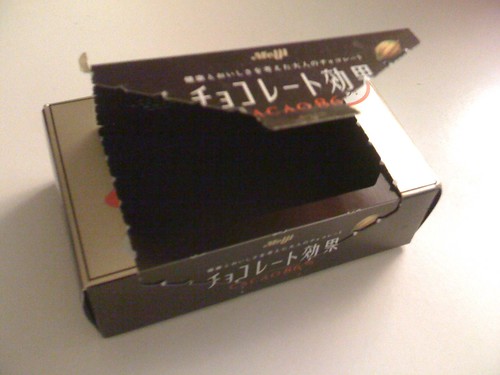 We were talking about "all", "every", and "whole" in class last night.
We were talking about "all", "every", and "whole" in class last night.All of these sentences have the same meaning.
Every one of these sentences has the same meaning.
In this case, I feel using "whole" is strange.
All of the people in this group are going to Shinjuku. <- note that the verb is plural
Every person in this group is going to Shinjuku. <- note that the noun and verb are singular; emphasizes the members of the group
The whole group is going to Shinjuku. <- note that the verb and noun are also singular; emphasizes the group itself
"Whole" means 100 percent of one thing. We often use it to talk about food, like:
- I can't believe you ate the whole thing!
- We spent the whole time eating. <- here, "time" is a countable singular noun
- ○ All of the food in the refrigerator spoiled when the electricity went out. <- food is uncountable
- × The whole food in the refrigerator... × Every food in the refrigerator...
- but... ○ Every bit of food in the refrigerator spoiled... <- "bits" are countable
- × Every bananas in the bunch were eaten.
- ○ Every banana in the bunch was eaten.
- I ate all of the chocolates in this box.
- I ate every piece of chocolate in this box.
- I ate the whole box of chocolates.


0 件のコメント:
コメントを投稿